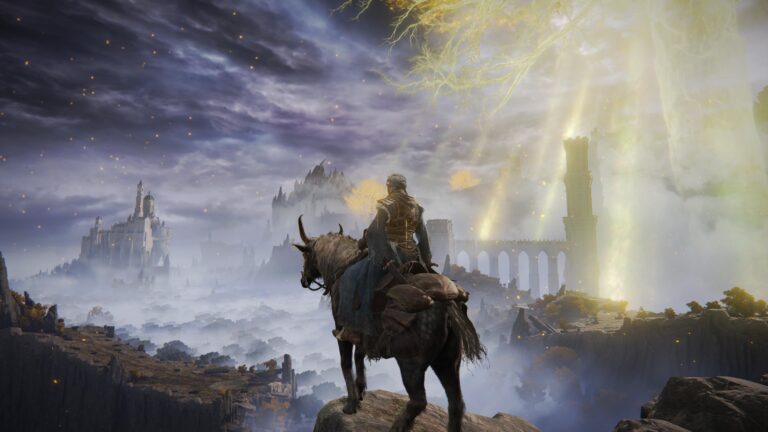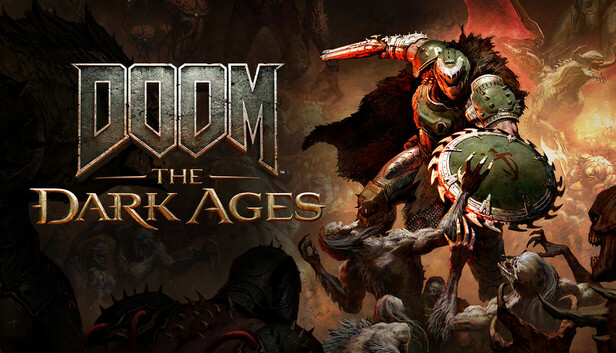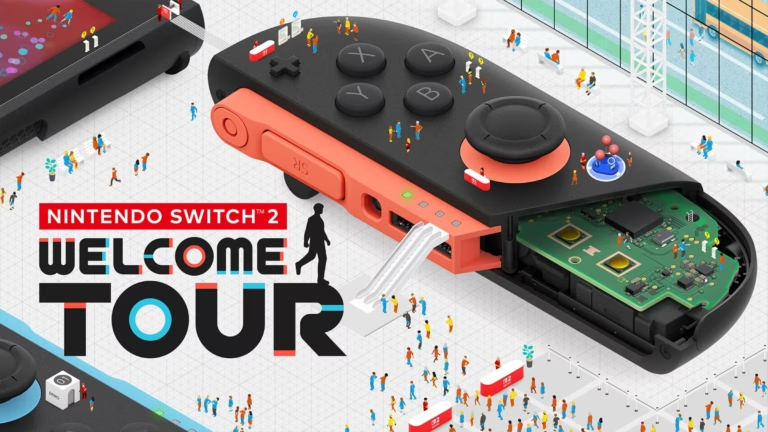Game data not found.
Story
Momotarou Douchuuki, a game that draws its inspiration from the rich tapestry of Japanese folklore, specifically centers around the legend of Momotarou, a boy born from a peach. The story unfolds in a fantastical version of ancient Japan where Momotarou embarks on a quest to rid the world of demons. The narrative begins with Momotarou leaving his adoptive parents to embark on a journey across the mythical land, fulfilling his destiny as a hero.
As he travels, Momotarou encounters a variety of characters and creatures drawn from Japanese mythology, each with their own stories and challenges. The game is deeply rooted in its cultural context, offering players an opportunity to explore themes of bravery, friendship, and the age-old battle between good and evil. The narrative is structured around a series of levels, each representing different regions of Japan, where Momotarou battles demons and other supernatural foes, ultimately aiming to defeat the demon king.
Gameplay
Momotarou Douchuuki offers a unique blend of platforming and RPG elements, setting it apart from many other games of its time. Players control Momotarou as he traverses various landscapes, jumping across platforms, avoiding obstacles, and engaging in combat with enemies. The game incorporates a side-scrolling perspective that was popular during its release in the late 1980s.
One of the standout features of the gameplay is the Karma System. As Momotarou defeats enemies, players can choose to spare or punish them, which affects his karma. Accumulating positive or negative karma influences the game’s ending, adding a layer of depth and replayability as players seek to discover the different narrative outcomes based on their choices.
The game also includes RPG elements such as leveling up and acquiring new abilities, which are essential for overcoming tougher challenges as the game progresses. Players collect coins and power-ups throughout their journey, which aid in navigation and combat. The combat system is straightforward but engaging, requiring players to time their attacks and movements carefully to succeed.
Graphics and Sound
For its time, Momotarou Douchuuki was a visually impressive game. The graphics, though 8-bit, are vibrant and colorful, capturing the essence of a mythical Japan with its lush landscapes and imaginative enemy designs. The game’s visual style effectively conveys the fantastical elements of the story, with each level offering distinct artistic motifs reflective of its thematic inspiration.
The sound design in Momotarou Douchuuki is equally noteworthy. The soundtrack features traditional Japanese instruments and melodies that complement the cultural setting of the game. Each level is accompanied by a unique musical score that enhances the immersive experience. Sound effects are crisp and contribute to the overall atmosphere, providing audio cues that are crucial for gameplay.
Legacy and Reception
Upon its release, Momotarou Douchuuki was met with positive reception for its innovative blend of platforming and RPG elements. Gamers and critics alike appreciated the cultural storytelling and the game’s ability to provide multiple endings based on player choices, which was relatively novel at the time.
The game’s impact is significant in the context of Japanese video game history, as it introduced many players to the concept of moral choice systems, which have since become a staple in modern gaming. It also helped popularize the use of folklore and mythology in video games, paving the way for future titles that explore similar themes.
Momotarou Douchuuki’s legacy continues to be felt, with its influence seen in later Namco titles and other games that explore cultural myths and legends. Its place in gaming history is cemented as a pioneer of storytelling and gameplay innovation, inspiring developers to experiment with narrative depth and player agency.
Conclusion
Momotarou Douchuuki stands out as a seminal work in the history of video games, blending traditional Japanese folklore with engaging gameplay mechanics. Its narrative depth and the innovative Karma System were ahead of their time, offering players a unique experience that encouraged exploration and replayability. The game’s colorful graphics and captivating sound design further immerse players into its mythical world, making it a memorable journey through Japan’s cultural heritage.
The impact of Momotarou Douchuuki on the gaming industry is undeniable. It not only introduced players to the possibilities of interactive storytelling but also inspired future generations of game developers to explore the rich potential of folklore and mythology in their own creations. As a result, Momotarou Douchuuki remains a beloved classic, cherished for its creativity and its role in shaping the future of video game design.















